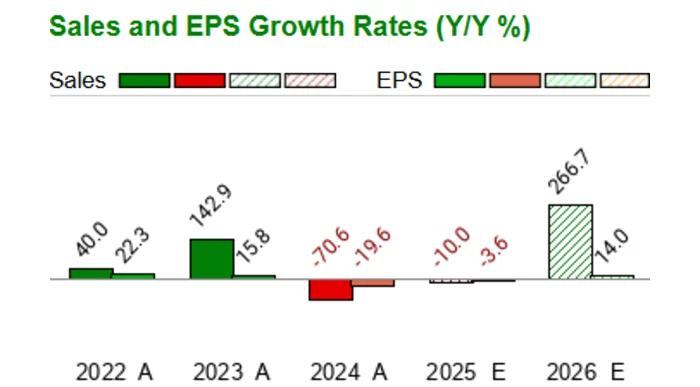crbu stock: vispa-cel & CB-011 Webcast and Positive Phase 1 Results
Caribou's CAR-T Breakthrough: Are We on the Verge of Curing Cancer?
Okay, folks, buckle up. Because what Caribou Biosciences just announced isn't just another incremental step—it feels like a potential quantum leap in the fight against cancer. We're talking about their allogeneic CAR-T cell therapies, vispa-cel (formerly CB-010) and CB-011, and the data is, well, frankly, it’s got me buzzing with excitement.
Imagine a world where cancer treatment isn't a grueling, personalized battle, but an off-the-shelf solution, ready when you need it. That’s the promise of allogeneic CAR-T therapy, and Caribou's latest updates are making that future look a whole lot closer. Vispa-cel, targeting B cell non-Hodgkin lymphoma, is showing efficacy and durability comparable to autologous CAR-T therapies. Let that sink in. Comparable. But here’s the kicker: vispa-cel is "off-the-shelf," meaning it's readily available for patients, unlike autologous therapies that require weeks of personalized manufacturing.
And it gets better. The ANTLER phase 1 trial data showed not only efficacy, but also a favorable safety profile. Caribou Biosciences Reports Positive ANTLER Phase 1 Results Outpatient administration, people! We're talking about potentially skipping long hospital stays and getting treatment in a much more comfortable setting. The company is so confident, in fact, that they're already planning a pivotal phase 3 trial for vispa-cel in large B cell lymphoma patients ineligible for transplant. This isn’t just about extending lives; it’s about improving the quality of those lives.
A New Weapon in the Arsenal
Now, let's talk about CB-011, targeting multiple myeloma. This is where things get really interesting. CB-011 is engineered with an "immune cloaking" strategy, using a B2M knockout and insertion of a B2M–HLA-E fusion protein. Confusing, right? Basically, it’s designed to hide the CAR-T cells from the patient's immune system, preventing rejection and potentially boosting their effectiveness. The initial clinical data from the CaMMouflage Phase 1 trial is incredibly promising, and I’m eager to see how this plays out.
I remember when the first whispers of CRISPR technology emerged—it felt like science fiction. The idea of precisely editing the human genome? Unbelievable. But here we are, watching Caribou use CRISPR to develop these next-generation CAR-T therapies. It’s like the invention of the printing press, but for medicine. Suddenly, information—in this case, the power to fight cancer—is becoming democratized and accessible on an unprecedented scale. The speed of this is just staggering—it means the gap between today and tomorrow is closing faster than we can even comprehend.

But with great power comes great responsibility, right? We need to be thoughtful about how we deploy these powerful technologies. Who gets access first? How do we ensure equitable distribution? These are questions we need to be asking now, not after the fact.
One analyst currently rates CRBU stock as a "Hold" with a $2.50 price target, citing "financial performance challenges, including declining revenues and persistent losses," while also noting positive momentum in technical analysis. But honestly, I think that misses the bigger picture. This isn't just about stock prices; it's about potentially revolutionizing cancer treatment. It's about hope.
I went digging around to see what the buzz online was, and I wasn't disappointed. One commenter on a biotech forum wrote, "If Caribou can deliver on the promise of off-the-shelf CAR-T with this kind of efficacy, it's a game-changer. No more waiting, no more agonizing over manufacturing failures. Just treatment when you need it." Exactly. That's the point.
A New Dawn for Cancer Treatment?
This is the kind of breakthrough that reminds me why I got into this field in the first place. The potential to alleviate suffering, to extend lives, to give people hope where there was none before. Caribou Biosciences' work is a beacon, shining a light on a future where cancer is no longer a death sentence, but a manageable disease. And that, my friends, is something to be truly excited about.
